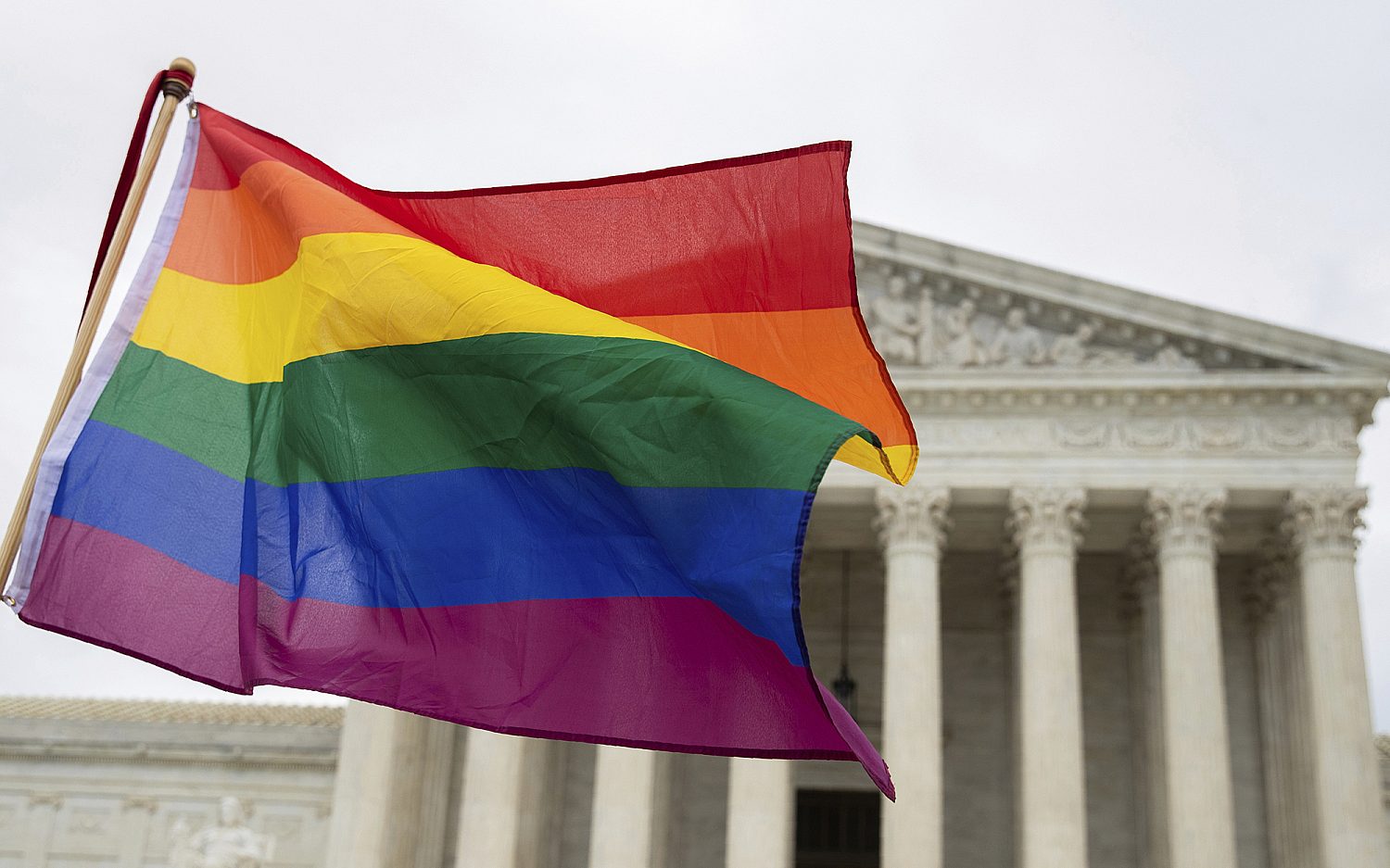Inflation stayed high in March, by Fed’s measure
Americans spent roughly $160 billion more in March than in February, according to a Friday report from the Bureau of Labor Statistics. Meanwhile, the prices of many services and goods increased slightly during the same period. Personal consumption expenditures in March were up 2.7 percent from a year ago. The year-over-year increase in February was slightly lower. For months, the inflation rate has been higher than the Federal Reserve’s goal of 2 percent.
What price increases are we talking about? According to the report, Americans paid more for healthcare and home utilities in March than in February and March 2023. They also spent more on gas and other energy costs. Americans spent only slightly less on food than they did in February.
What does that mean in layman’s terms? Spending and prices increased at the same monthly rate in March as they did in February, according to the report. The report indicates that inflation has persisted at about the same rate across February and March. The Federal Reserve is unlikely to reduce interest rates until inflation begins to slow down, Fed Chairman Jerome Powell has said. The Fed’s interest rates affect Americans’ rates on credit cards, mortgage payments, and other loans.
Dig deeper: Read David L. Bahnsen’s column in WORLD Opinions about inflation measurements and the discussions surrounding inflation.
An actual newsletter worth subscribing to instead of just a collection of links. —Adam
Sign up to receive The Sift email newsletter each weekday morning for the latest headlines from WORLD’s breaking news team.





Please wait while we load the latest comments...
Comments
Please register, subscribe, or log in to comment on this article.